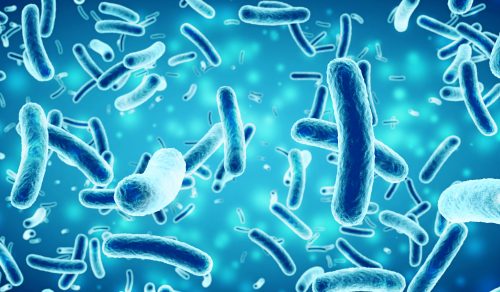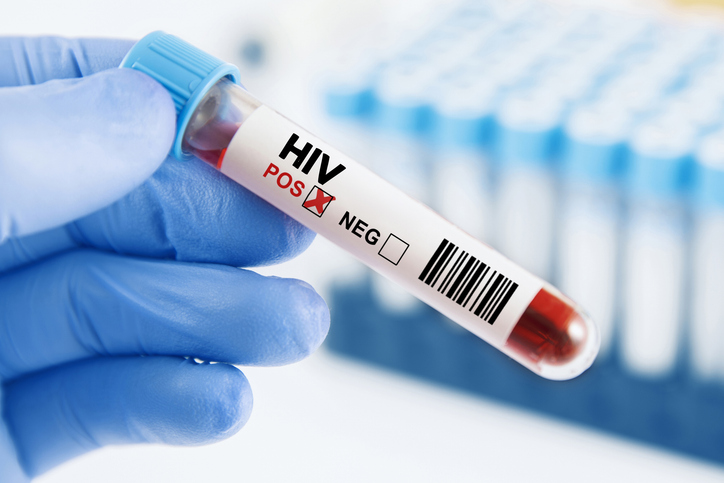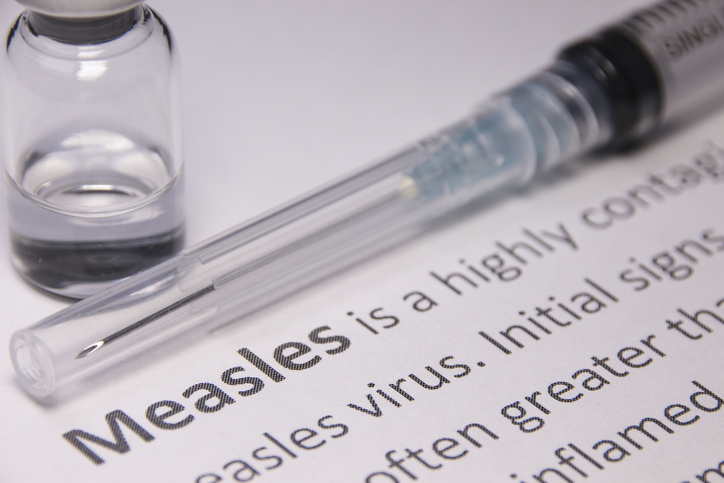
Researchers have found a new drug to treat patients with infections caused by antibiotic-resistant Gram-negative uropathogens.
The phase 2, multi-center, double-blind, parallel-group non-inferiority trial included adults (age ≥ 18 years) at 67 hospitals in 15 countries with a clinical diagnosis of complicated urinary tract infection with or without pyelonephritis or acute uncomplicated pyelonephritis. Patients were randomly assigned to intravenously receive 2 g of the new drug, cefiderocol, or 1 g of imipenem-cilastatin for one hour three times a day, every eight hours, for one to two weeks. The final analysis included 371 patients (cefiderocol, n = 252; imipenem-cilastatin, n = 119).
Cefiderocol is really cool and will be a very welcome addition to the antibiotic armamentarium https://t.co/6A3PumEwPK
— Amesh Adalja (@AmeshAA) October 26, 2018
After treatment, 183 (73%) of the cefiderocol patients and 65 (55%) of the imipenem-cilastatin patients met the study’s primary endpoint (combination of clinical response and microbiological response at time of cure). Researchers reported an 18.58% adjusted treatment difference (95% CI 8.23-28.92; P = 0.0004).
Cefiderocol dosed at 2 grams q8h for UTI, ongoing studies looking at HAP (APEKS-NP at https://t.co/FtjcgCddXo) & carbapenem-resistant infections (CREDIBLE-CR at https://t.co/uVK1YQ2PXX)
— Jeff Pearson (@jeffpears0n) October 26, 2018
Cefiderocol was well-tolerated. In the cefiderocol group, 122 (41%) patients experienced adverse events, and among imipenem-cilastatin patients, 76 (51%) patients did. Gastrointestinal disorders were the most common adverse events in both groups (35 [12%] patients in the cefiderocol group and 27 [18%] patients in the imipenem-cilastatin group).
"This could be a really interesting step forward in the #AntibioticResistance fight." Microbiology expert @Markusmicrobius discusses the potential of a new drug, #Cefiderocol, which acts like a #TrojanHorse – binding to #iron to trick its way into cells of Gram-negative #bacteria pic.twitter.com/74vpXpl0q2
— Kingston University (@KingstonUni) October 26, 2018
Lead study author Dr. Simon Portsmouth called cefiderocol a “trojan horse.”
“The drug uses a novel mechanism of cell entry that takes advantage of the bacteria’s need for iron to survive,” Dr. Portsmouth said. “During an acute infection, one of our innate immune responses is to create an iron-poor environment. In response, bacteria increase their iron intake. Cefiderocol binds to irons and is transported through the extra outer membrane by the bacterium’s own iron-transport system. These iron channels also enable the drug to bypass the bacteria’s porin channels and gain repeat entry even if the bacterium has evolved efflux pumps.”
New investigational #antibiotic, cefiderocol, effective against drug-resistant bacteria—finding from phase 2 study @TheLancetInfDis https://t.co/EyXegRmAsj pic.twitter.com/0S1w5iiG1e
— The Lancet (@TheLancet) October 25, 2018
Study Finds Antibiotic Use Linked to Kidney Stone Risk
Increased Daily Water Intake Helps Protect Women from Recurrent UTIs
The Search for ‘Evolution-Proof’ Antibiotics
Sources: The Lancet Infectious Diseases, BioSpace, Medical News Today







 © 2025 Mashup Media, LLC, a Formedics Property. All Rights Reserved.
© 2025 Mashup Media, LLC, a Formedics Property. All Rights Reserved.